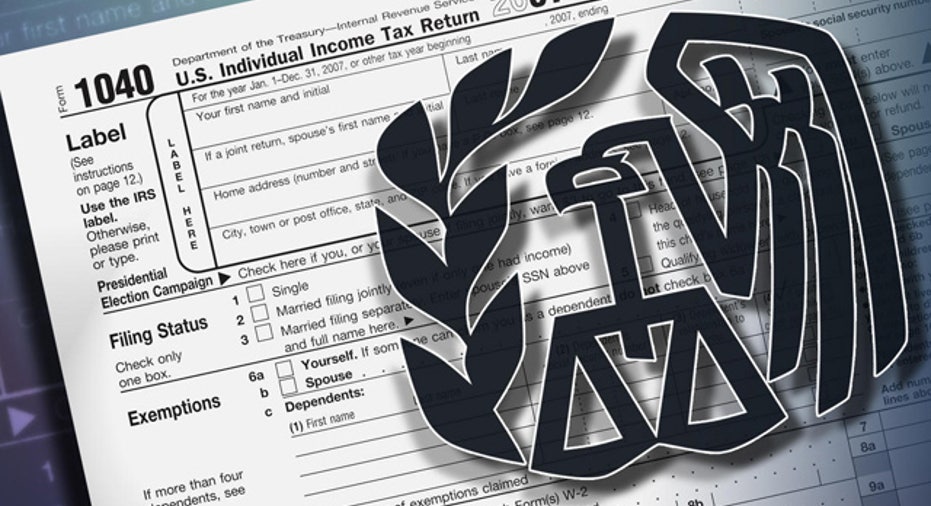Tax Season is Over (Phew). Now What?

Tax season is over, are you prepared for next year — and beyond?
I know, the last thing you want to think about now is taxes. Taxes, taxes, taxes, it’s really tiresome. But the truth is that tax planning in advance can save you more than any last-minute maneuvers. And some people are already beginning to think ahead to the uncertainty of tax rates after 2012.
After all, the rules put in place by last year’s tax deal last for two years only, and if there’s one thing that’s clear it’s that there will be another battle over taxes soon.
If you’re the type who wants to plan — or who would benefit by it — the thing to think about is that the window in place through year-end 2012 raises precisely the same issues as the one that was slated to shut at the end of 2010. “All of the same topics come into play again. There’s a limited timeframe to take action, and the complexity and uncertainty is going to create some inertia,” says Greg Singer, director of research at Bernstein Global Wealth Management. “There’s not a lot of opportunity cost to acting now. It’s hard to build a case where families are worse off for taking action now rather than waiting.”
That means, if you’re wealthy (especially if you make above $250,000, that amount that has defined you as such for tax discussions) then you’ll want to think about planning for higher income-tax rates. As the tax law is written now, come 2013 the top rate for capital gains will rise from 15% to 23.8% (including the 3.8% healthcare surcharge), while the top marginal income tax rate will increase from 35% to 43.4% (again, including the healthcare surcharge).
If you’re not so well-heeled, for the most part the tax debates — and strategies for playing potentially higher taxes — have never been about you. Here’s a few things to think about in the coming months:
If you expect your tax rate will be going up.
If that’s the case, then you’ve got a window between now and the end of 2012 to plan. The planning is the same as what you were doing (or should have been doing) last year: convert your IRA to a Roth while tax rates are low; accelerate income and put off deductions; take capital gains to the extent your portfolio strategy will be helped by it, and stockpile capital losses as their ability to offset gains becomes more valuable when the rates on those gains are higher. Roth IRA conversions are valuable for many people, as we’ve written about before; if that’s the case for you, it’s worth doing it sooner rather than later.“It’s hard to imagine that they’re going to lower taxes, so Roth conversions are a great idea,” says Jim Lange, an investment advisor and author of the book The Roth Revolution.
If you expect to sell your business or your house.
If you expect that capital gains rates will go up after 2012, and you’re planning to sell your business or your home, now is a good time to do it from a tax perspective. (That assumes, of course, that you’re comfortable with where prices are at right now in your industry or your region.) Small business owners might also consider issuing a special dividend, taking advantage of the low dividend tax rates currently in effect. “If you have a capital gain on your home and you’re planning to sell, it can be attractive to close out that transaction before the end of next year,” Singer says.
If you want to transfer funds to your kids.
The low-interest-rate environment has created a lot of opportunities for intergenerational wealth transfer, with GRATs, intra-family loans, and the like. The massive and unexpected increase in the gift-tax exemption at yearend, to $5 million, is a big gift to the well-heeled who want to shift more of their assets out of their estates. The result has created a flurry of tax- and estate-planning moves for those with serious wealth.
Boost your savings with your payroll tax cut.
This is something that applies to everyone. The payroll tax cut, in effect this year only, gives all workers a little more money in their paychecks. You could spend it (and if you need the cash, it’ll certainly help), but it also provides a painless way to boost your savings for a year. You could, for example, increase your 401(k) savings rate by an extra percentage point or two for the year, building your retirement savings with this year’s tax cut. “The natural thing to do is to spend the money, but putting more money away is a great idea,” Lange says. “Your take-home paycheck is higher, so you can maintain your lifestyle while putting money in a Roth IRA or increasing contributions to your 401(k).”



















